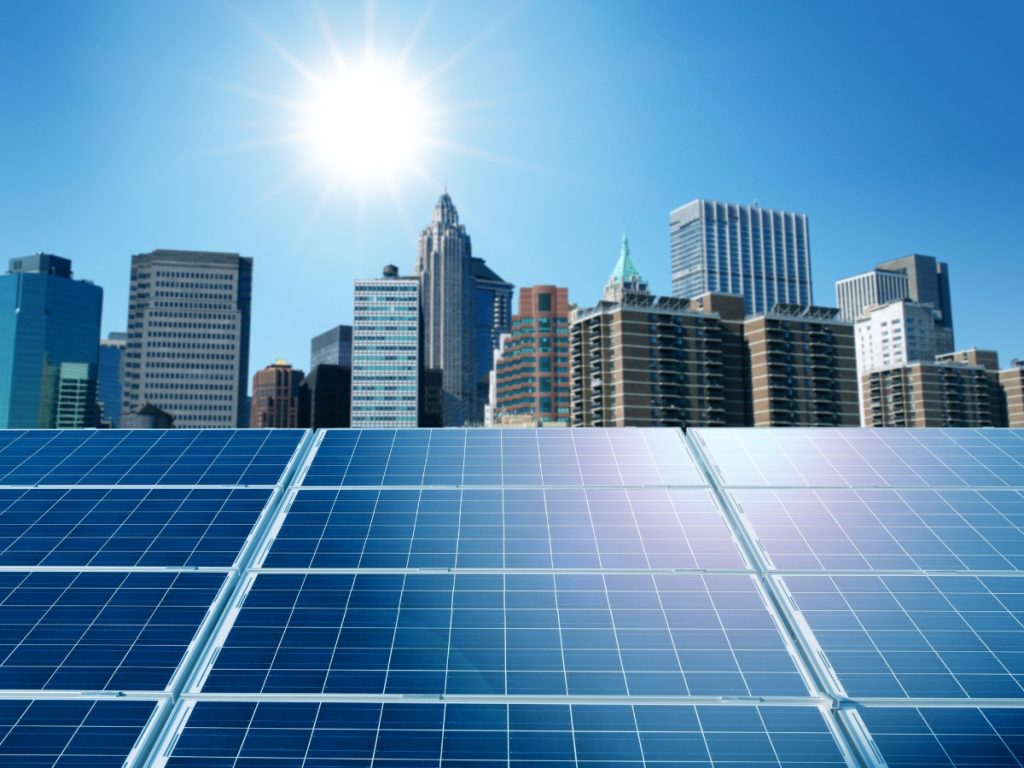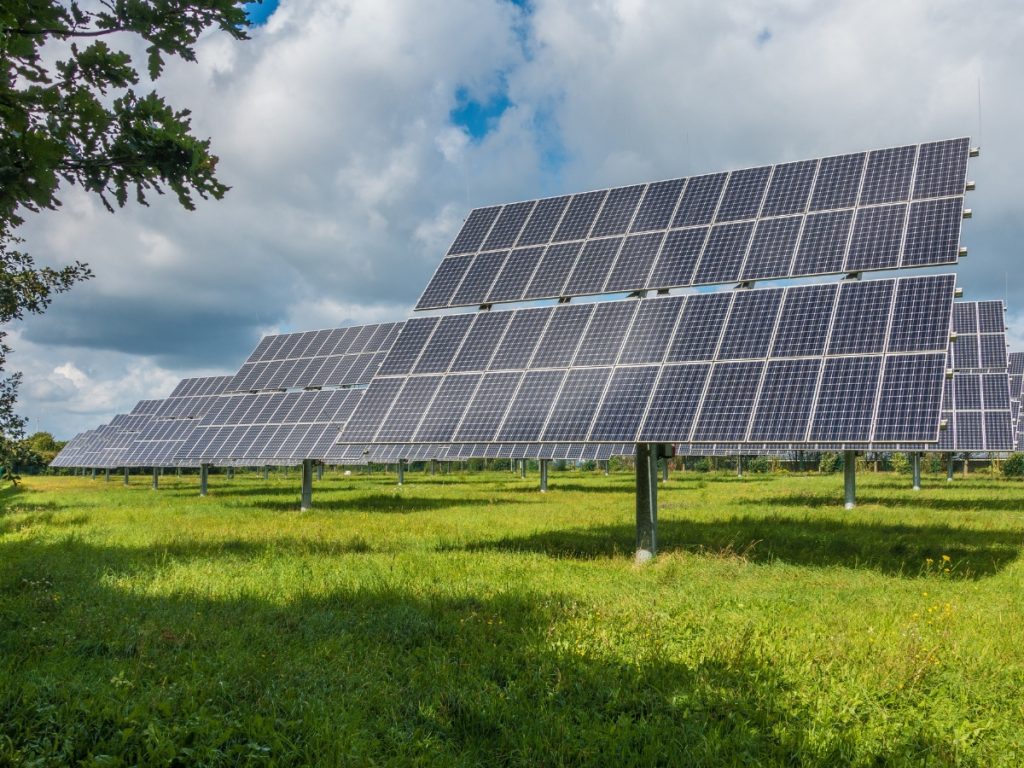Welcome to the blog post that introduces you to the numerous benefits of solar panels brought to you by See the Future Construction Inc. This article will explore the advantages of harnessing solar energy, understand the principle behind solar power, explain why solar panels are the future of energy, and discuss the key advantages of using solar panels.
We will also discuss how solar panels can reduce your electric bill, their role in increasing home value, their contribution to reducing carbon emissions, how we protect against rising energy costs, and the potential disadvantages of solar energy.
Finally, we will address whether solar power is worth the investment, the sustainability of solar panels, and the factors to consider before installing them. So, let’s dive into the world of solar energy and discover its benefits.
The Principle behind Solar Energy
Solar energy is generated through solar power systems, consisting of solar panels installed on rooftops or open spaces. These panels are composed of photovoltaic cells that convert sunlight into electricity. As the sunlight hits the solar panels, the photons in the light energy dislodge electrons from the atoms, creating an electric current. This current is converted into usable electricity, powering our homes, businesses, and electric vehicles.
One of the key advantages of solar power systems is their environmentally friendly energy production. Unlike fossil fuel power plants, solar power systems produce electricity without using natural gas, coal, or oil, reducing greenhouse gas emissions and mitigating climate change.
Why Solar Panels are the Future of Energy
Solar panels are considered the future of energy for several reasons. Firstly, they play a crucial role in reducing greenhouse gas emissions, significantly contributing to climate change. By utilizing solar power systems, we can decrease our reliance on fossil fuel power plants and transition to cleaner, more sustainable energy sources.
Secondly, solar panels offer energy independence by generating electricity directly from the sun. This reduces our dependence on utility companies and shields us from rising energy costs. With solar power systems, homeowners can produce their energy, decreasing their vulnerability to fluctuations in the energy market.
While the initial installation costs of solar panels may be higher, the long-term benefits outweigh the upfront investment. Solar renewable energy credits and federal tax credits can significantly reduce the cost of solar panel installation. Additionally, the United States has experienced significant growth in the solar industry, resulting in competitive pricing and improved accessibility to solar power systems.
Key Advantages of Using Solar Panels
Harnessing the power of the sun through solar panels offers numerous advantages. Not only does it provide a renewable source of energy, but it also contributes to significant cost savings, energy efficiency, and a reduced carbon footprint. Let’s explore some of the key benefits of using solar panels.
How Solar Panels Can Reduce Your Electric Bill
Solar panels can reduce your electric bill, significantly providing substantial long-term savings. Here’s how solar power systems can lower your energy costs:
- Solar panels generate a significant amount of power, allowing homeowners to rely less on electricity from the grid.
- Excess electricity produced by solar power systems can be fed back into the grid through net metering, resulting in credits that offset future utility bills.
- Homeowners can effectively reduce their reliance on the grid and lower their overall energy costs by taking advantage of net metering.
The Role of Solar Panels in Increasing Home Value
Installing solar panels benefits homeowners financially and contributes to their home’s overall value and attractiveness. Here’s how solar panel installation enhances home value:
- Properties with solar panels are more appealing to eco-conscious home buyers who prioritize energy efficiency and sustainability.
- Solar panels lower the electricity bills of a home, making it more cost-effective to own and maintain in the long run.
- The installation of solar power systems signifies energy independence and environmental responsibility, qualities that are increasingly sought after in the real estate market.
How Solar Panels Protect Against Rising Energy Costs
Solar panels effectively protect against rising energy costs, offering long-term savings and increased energy independence. Let’s explore how solar power systems safeguard homeowners from the impact of rising energy costs.
The Economic Aspect of Solar Energy
Solar panel installation brings significant economic benefits, both in the short and long run. Here’s why solar energy is considered economically advantageous:
- By investing in solar power systems, homeowners can own their electricity production, reducing dependence on utility companies.
- Solar power systems contribute to lower electric bills, providing homeowners with cost savings that accumulate over time.
- The advantages of solar panel installation, such as federal tax credits and reduced energy costs, make solar energy economically viable.


The Challenges of Solar Energy Storage
One of the challenges of solar energy lies in energy storage. Here’s what you should know about solar energy storage:
- Solar power systems often generate excess electricity during peak production times, such as sunny days.
- Storing excess electricity is crucial for ensuring energy availability during periods of low energy production, such as at night or on cloudy days.
- Energy storage solutions, such as batteries, allow homeowners to store excess electricity when the solar panels are not producing enough energy.
Is Solar Power Worth the Investment?
Many homeowners wonder whether solar power is worth the investment. Let’s explore the factors that determine the value of solar energy.
Calculating Your Energy Production and Savings
Calculating your energy production and potential cost savings is critical to determining the value of solar power for your home. Here’s what you should consider:
- Analyze your energy production potential based on factors such as the size of your solar panel system, the electricity rates in your area, and the available sunlight.
- Solar power systems can significantly lower electricity bills, offering substantial cost savings.
- Consider the potential net metering savings, which credit you for excess electricity production, further reducing energy costs.
What Makes Solar Panels a Sustainable Option?
Solar panels are considered a sustainable option for energy production due to their numerous benefits and renewable nature. Let’s explore what makes solar panels sustainable.
Are Solar Panels a Good Investment for Your Home?
Solar panel installation is a good investment for your home, offering a range of benefits and advantages. Here’s why solar panels are a worthy investment:
- Solar panel installation significantly reduces your electricity bill, translating into long-term cost savings.
- With energy storage benefits, solar power systems provide homeowners with a reliable and independent energy source.
- The lower electric bills resulting from solar energy production make solar panel installation cost-effective, ensuring a return on the investment.
Solar panels offer numerous benefits for homeowners. We provide a sustainable and renewable energy source, helping reduce carbon emissions and combat climate change. Solar panels can also lead to significant savings on your electric bill and increase the value of your home.

